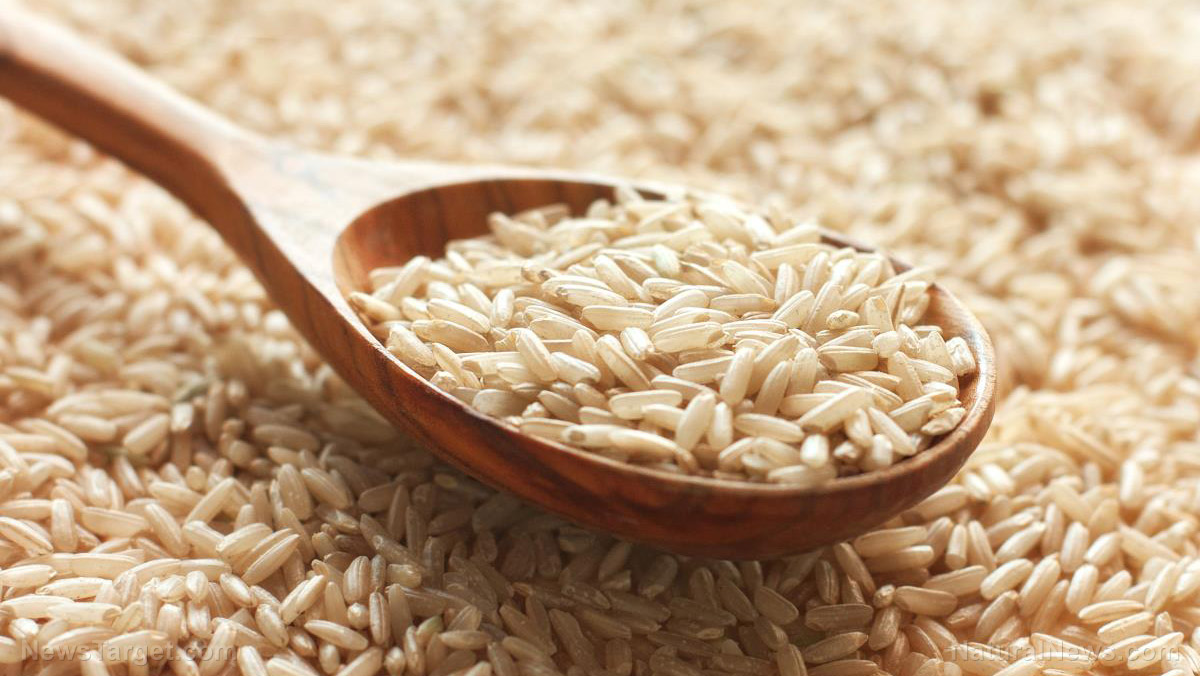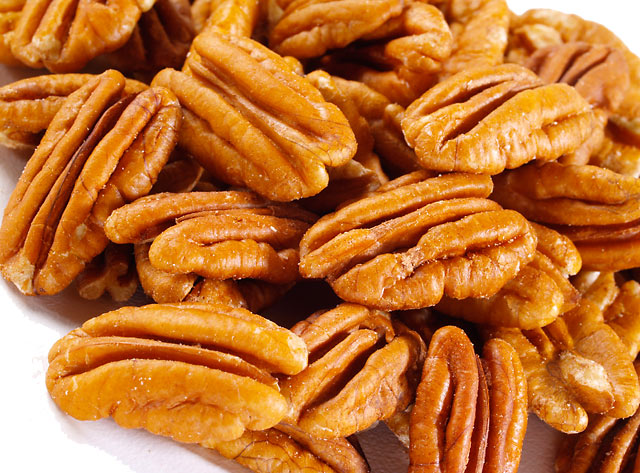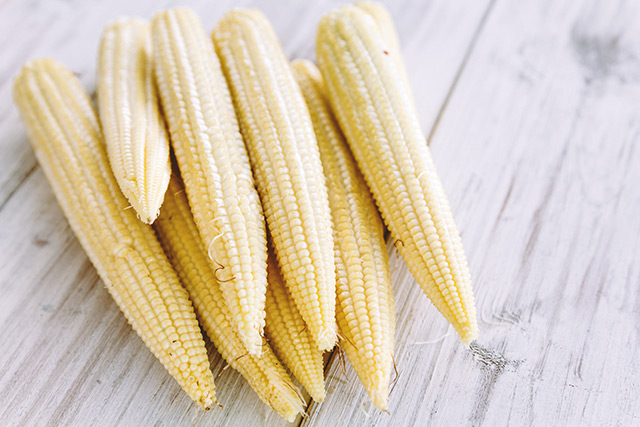How much poop will you produce in your lifetime? It may not be a question you’ve mulled over, but it’s one that has definitive answers.
A normal person will put out an average of 14 to 17 oz (or 400 to 500 g) of poop everyday, at a rate of roughly 0.8 in (two cm) per second. That means that, barring circumstances like constipation and other obstructions, you’ll spend 12 seconds on every stool. According to study, conducted by researchers from the University of California, San Diego, the amount of time dedicated to each poop is consistent across different species.
Based on these calculations, the researchers estimated that a week’s worth of poop would eventually add up to six lbs. (2.8 kg). In a month, that will be about 28 lbs. (12.70 kg); in a year, you’ll have expelled a whopping 320 lbs. (145 kg) of feces. That’s close to the weight of an adult male Panda, which can grow to about 350 lbs. (160 kg).
From here, the researchers combined the data with the average life expectancy of men and women in the United States. With an average life expectancy of 76 years, the typical American man will produce a staggering 24,320 lbs. (11,030 kg) worth of feces in his lifetime. By contrast, women, who have an average life of expectancy of 81 years, will put out 25,920 lbs. (11,757 kg) of poop. That’s the equivalent of 81 male Pandas, or almost seven adult male hippos. Even more incredible is the fact that, by the researchers’ estimations, a years’ worth of poop from the entire human race comes to 640 billion lbs. (290 billion kg) in total.
Improve your poop
Of course, all these figures were made with the assumption that the person in question has a healthy poop–which is about 70 percent solid matter and 30 percent fluids. Make sure that your poop has this ideal ratio by following these tips and tricks:
- Add more fiber and probiotics to your diet: Fiber should be your go-to nutrient for a healthy poop since it’s essential in the prevention of diarrhea and constipation, two digestive conditions that will wreck your poop something fierce. If you’re not too big on fiber then aim to incorporate it into your diet at a gradual pace to avoid bloating. Probiotics, on the other hand, are “good” bacteria that help maintain good digestive health. Foods rich in fiber include split peas, lentils, and artichokes. Foods that contain a considerable amount of probiotics include yogurt, kefir, sauerkraut, and miso soup. (Related: Eat these six delicious healing foods high in fiber to regulate your digestion.)
- Drink plenty of water: Eating the right kind of food isn’t enough; you also have to make sure that you drink a good amount of water too. Medical experts put the recommended daily dose of water between four to six cups. You should drink way more if you’re pregnant or exercise frequently.
- Cut out certain foods: Dairy products, caffeinated drinks, cured or smoked meats, fatty or greasy foods, and spicy foods are just some of the foods linked to the higher risk of diarrhea and bowel issues. In fact, cured or smoked meats are especially bad for your digestive system. Speaking to Bustle.com, gastroenterologist Dr. Patricia Raymond explained: “Meat is one of those things that can be not stellar for your [gastrointestinal] track [sic]. A diet high in animal fats and low in dietary fiber can increase your risk of bowel cancer.”
- Mind your posture: The optimal pooping position is a squatting posture. Sitting normally only partially relaxes the puborectalis muscle, which is the muscle that plays a role in incontinence. Squatting relaxes this muscle completely, making it much easier to push out your poop with little effort.
Visit Health.news to read up on more guides and studies revolving around digestive health.
Sources include:
LiveScience.com
Bustle.com
HuffingtonPost.com



















